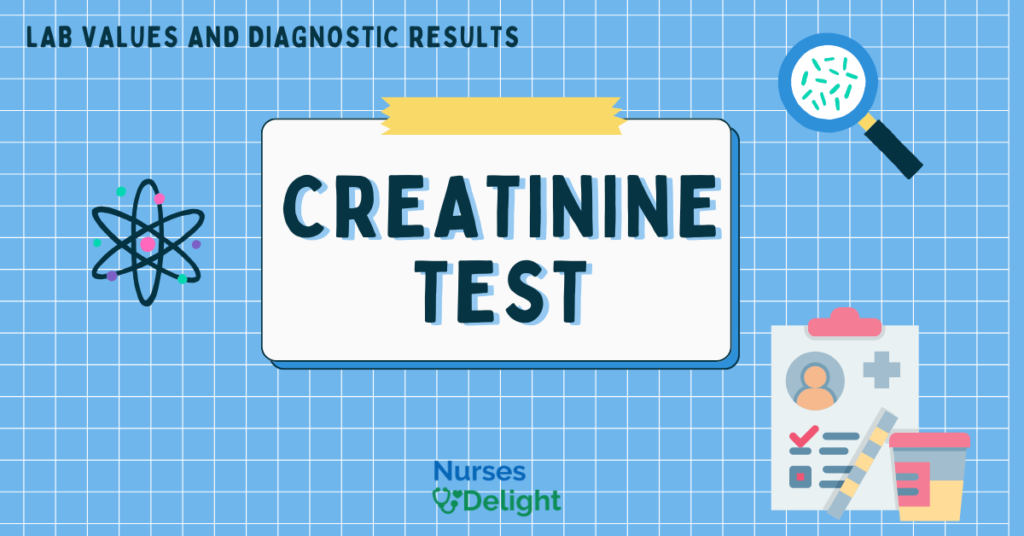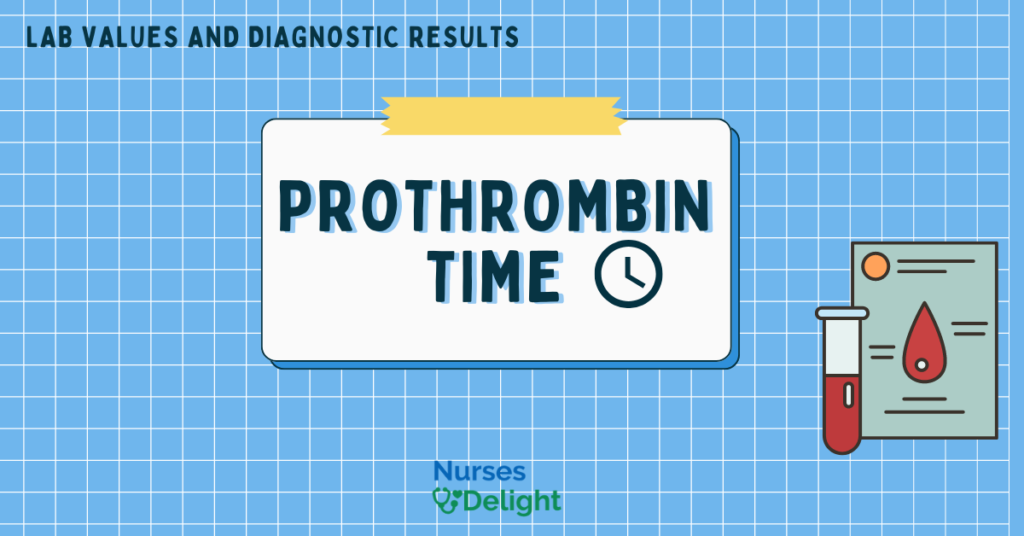Thyroid studies are evaluated if a disorder of the thyroid gland is suspected. Thyroid is crucial for the normal development of the fetus and to maintain anormal metabolic function.
Serum levels of thyroid hormones (Triiodothyronine (T₃), Thyroxine (T₄), Free thyroxine (FT₄) and Thyroid-stimulating hormone or thyrotropin) are used to assess the function. Thyroid abnormalities are commonly due to an abnormal function or growth of the gland.
Primary thyroid disorders, hyperthyroidism or hypothyroidism, result from disease in the gland itself. They are caused by the absence or deficiency of processing enzymes or an autoimmune process attacking the cellular architecture of the gland or processing enzymes.
Thyroid studies are done to identify primary thyroid disease and differentiate them from secondary causes.
Normal Ranges
- Triiodothyronine (T₃): 80 to 230 ng/dL
- Thyroxine (T₄): 5 to 12 mcg/dL
- Free thyroxine (FT₄): 0.8 to 2.4 ng/dL
- Thyroid-stimulating hormone or thyrotropin: 0.2 to 5.4 microunits/mL
Indications
Thyroid studies are performed if a primary thyroid disorder is suspected and also to identify secondary causes of derangement of thyroid hormone levels.
Increased T3 (Triiodothyronine) Levels
T3 levels are elevated in;
- Grave’s disease
- Acute thyroiditis
- Factitious hyperthyroidism
- Congenital hyperproteinemia
- Toxic thyroid adenoma
- Hepatitis
- Pregnancy
- Plummer’s disease
- Struma ovarii.
Decreased T3 (Triiodothyronine) Levels
T3 levels are decreased in;
- Hypothyroidism
- Iodine insufficiency
- Hypothalamic failure
- Pituitary insufficiency
- Thyroid surgical ablation
- Cirrhosis
- Cretinism, Cushing’s syndrome
- Liver disease
- Myxedema
- Protein malnutrition and other protein depleted states
- Renal failure.
Increased T4 (Thyroxine) Levels
T4 levels are increased in;
- Grave’s disease
- Acute thyroiditis
- Familial dysalbuminemic hyperthyroxinemia
- Factitious hyperthyroidism
- Toxic thyroid adenoma
- Congenital hyperproteinemia
- Hepatitis
- Pregnancy
- Plummer’s disease
- Struma ovarii.
Decreased T4 (Thyroxine) Levels
T4 levels are decreased in;
- Iodine insufficiency
- Myxedema
- Surgical ablation
- Pituitary insufficiency
- Cirrhosis
- Cretinism
- Cushing’s Syndrome
- Hypothalamic failure
- Protein depleted states
- Renal failure.
Increased Free T4 (Free Thyroxine) Levels
Free T4 levels are increased in;
- Grave’s disease
- Toxic thyroid adenoma
- Acute thyroiditis
- Familial dysalbuminemic
- Hyperthyroxinemia
- Congenital hyperproteinemia
- Factitious hyperthyroidism
- Hepatitis
- Pregnancy
- Plummer’s disease
- Struma ovarii.
Decreased Free T4 (Free Thyroxine) Levels
Free T4 levels are decreased in;
- Iodine insufficiency
- Surgical ablation cirrhosis
- Hypothalamic failure
- Myxedema
- Cretinism
- Cushing’s Syndrome
- Pituitary insufficiency
- Protein-depleted states
- Renal failure.
Abnormal Thyroid Stimulating Hormone (TSH) Levels
The following conditions cause abnormal TSH;
- Hyperthyroidism
- Hypothyroidism
- Acute starvation
- Old age
- Psychiatric primary
- Depression
- Pregnancy
Interfering Factors
Drugs like estrogen and biotin interfere with the thyroid function tests
Nursing Implications
Pretest
- Inform the patient about what thyroid studies involve, such as blood tests for thyroid hormones (e.g., TSH, T3, T4) or imaging studies like thyroid scans.
- Explain why the test is being ordered (e.g., to diagnose thyroid disorders, assess thyroid function, or monitor treatment efficacy).
- For some thyroid tests, such as those involving radioactive iodine, patients may need to fast or follow specific dietary restrictions. Ensure the patient is aware of these requirements.
- Review the patient’s current medications. Some drugs, such as those containing iodine or thyroid hormones, may need to be withheld before the test.
- Ask about any allergies, particularly to contrast agents or iodine, which may be used in imaging studies. Document relevant medical history.
- Instruct the patient to avoid certain substances that might affect test results, such as biotin supplements (which can interfere with hormone assays).
- Clarify any specific instructions regarding timing, such as when to schedule the test or if multiple visits are required.
- Provide reassurance and answer any questions to alleviate anxiety about the test, particularly if radioactive substances are involved.
Intra-test
- Perform venipuncture using sterile techniques to collect blood samples. Ensure accurate labeling of specimens to avoid errors.
- Minimize discomfort by using appropriate-sized needles and providing support during the procedure. Monitor for any adverse reactions during and after blood draw.
- If a thyroid scan or imaging involves contrast or radioactive iodine, ensure the patient is prepared for the administration, and follow safety protocols for handling and administering these substances.
- Observe the patient for any immediate reactions to contrast agents or radioactive materials, such as allergic reactions or discomfort.
- Explain each step of the procedure as it occurs, especially if the patient is undergoing a thyroid scan or ultrasound, to reduce anxiety and ensure cooperation.
Posttest
- If radioactive iodine or contrast agents were used, provide instructions on what to do post-test (e.g., hydration to flush out the contrast, safety precautions to minimize radiation exposure to others).
- Monitor the patient for any adverse reactions following the procedure, such as allergic responses or discomfort.
- Once results are available, review them with the patient, explaining what the findings indicate about their thyroid function or health.
- Provide information on any follow-up actions or treatments based on test results. Schedule additional tests or appointments as needed.
- Educate the patient on how to interpret their results and any necessary lifestyle or dietary changes if relevant.
- If the results indicate a thyroid disorder, discuss the implications for medication or other treatments and emphasize the importance of adherence to prescribed therapies.
- Document the procedure, any patient instructions provided, and any immediate reactions observed during the post-test phase. Ensure all results and follow-up plans are accurately recorded in the patient’s medical record.
References
- Fischbach F., Dunning M. [2015] A manual of laboratory and diagnostic test. 9th Ed. Wolters Kluwer Health. Lippincott Williams & Wilkins.
- Schnell B et al. [2003] Davis’s Comprehensive Laboratory and Diagnostic Test Handbook—with Nursing Implications. F. A. Davis Company Philadelphia.
- Castellone, D. [1999] Coagulation the good, the bad and the unacceptable. Advance for Medical Laboratory Professionals.
- Cavanaugh, B. [1999] Nurses’ Manual of Laboratory and Diagnostic Tests, ed 3. FA Davis, Philadelphia.



